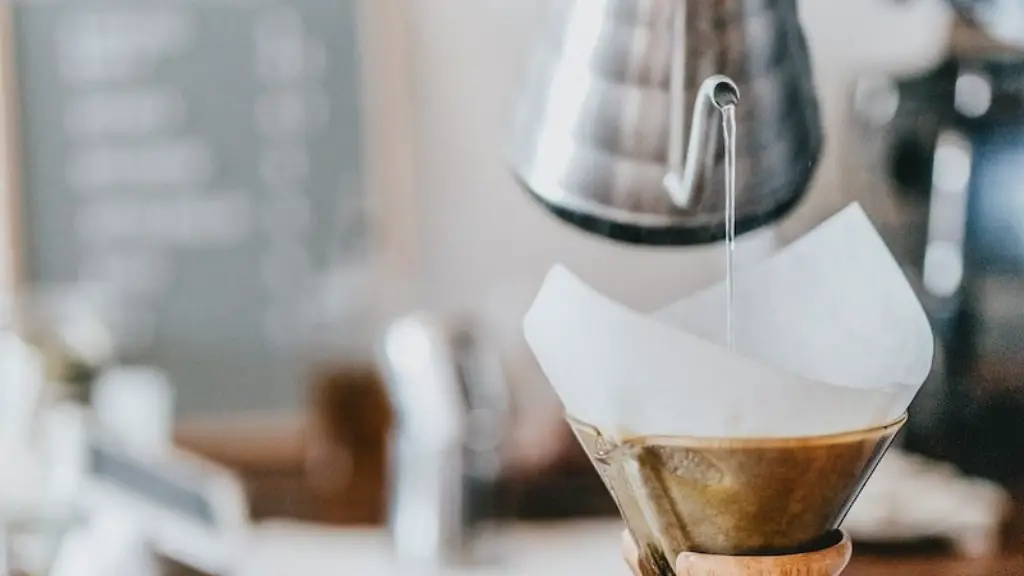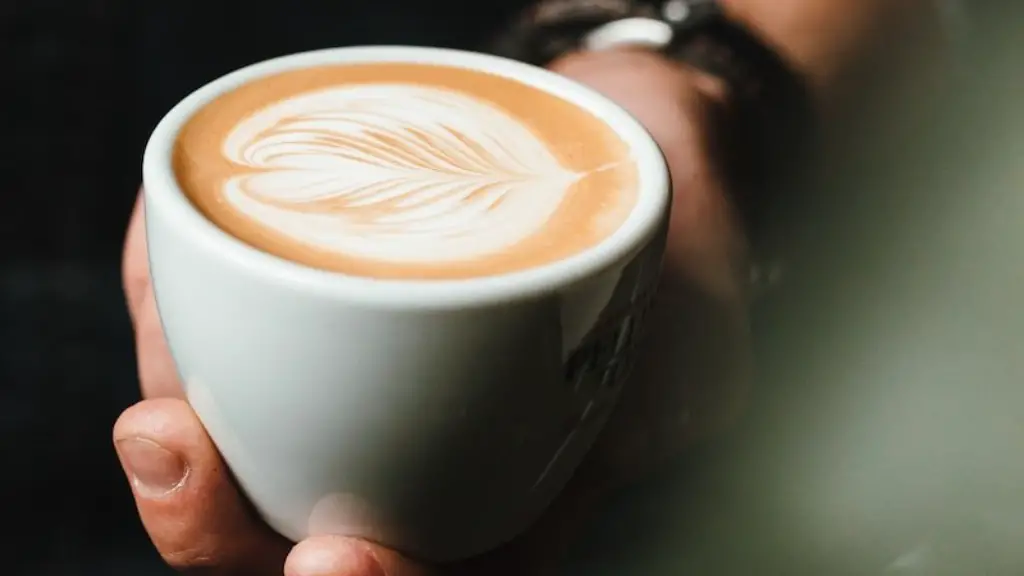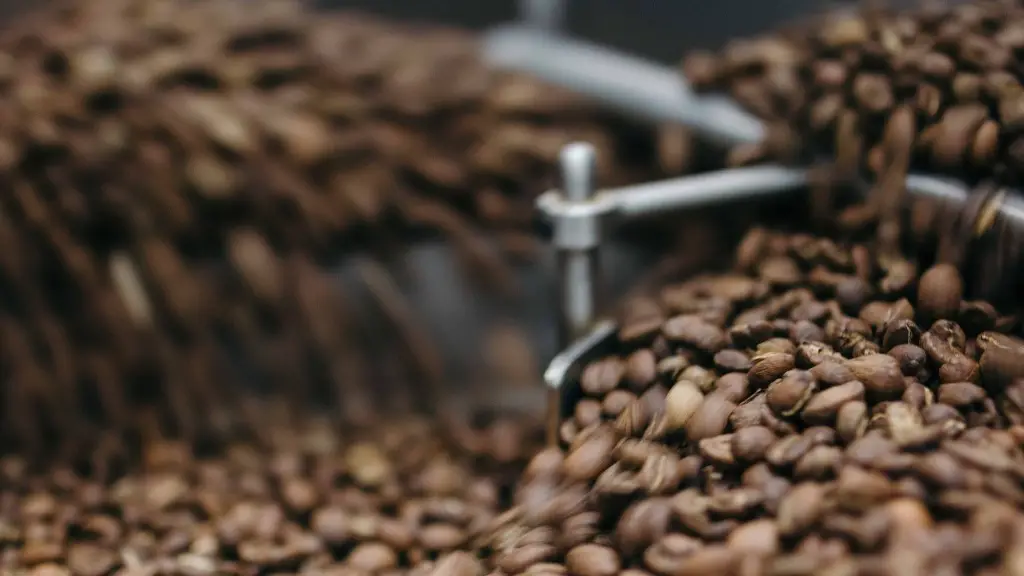When it comes to water fasting, a debated topic is whether or not it is acceptable to drink coffee during the fast. To weigh in on the debate and understand this matter better, we will consider the following three sections – the effects of coffee on the body, experts perspectives, and how to make an informed decision about coffee drinking during water fasting.
Effects of coffee on the body
The effects of consuming coffee during water fasting can vary greatly depending on the individual and the amount of coffee consumed. Caffeine is a stimulant which acts on the central nervous system, causing changes in alertness, heart rate, and respiration. Small amounts can promote mental alertness and productivity, while large amounts can have a detrimental effect on the overall health of an individual.
Coffee increases stress hormones, including cortisol and adrenaline, as it is a stimulant to the body. This can increase feelings of stress and potentially lead to negative side effects such as insomnia, irritability, and restlessness. It is also possible for caffeine to disrupt the body’s natural metabolism by disrupting the natural balance of hormones in the body.
Experts Perspectives
The issue of drinking coffee during water fasting has been the subject of much debate. While some experts believe there are no adverse effects from drinking coffee during a fast, others feel that it can be detrimental to the overall success of a fast.
Nutritionist Sarah Skillman believes that it is totally acceptable to have coffee while fasting. In an interview, she stated that “Coffee in small amounts can be beneficial to an individual’s health, as long as they’re mindful of their caffeine intake and drink it in moderation. Coffee can help to reduce hunger and provide you with a boost of energy to help you through the day. However, care should be taken to avoid consuming too much caffeine as it can have negative effects, such as increased stress hormones and disrupted metabolism.”
Ella Gilling, an expert in the field of nutrition and fasting disagrees with this advice. In an online blog, Gilling states that “Coffee should be avoided during a water fast as it has been shown to increase stress hormones and disrupt metabolism. This could take away from the overall positive effects of a water fast, as the body is already in a heightened state of stress due to the fasting and the additional stressors from the caffeine can do more harm than good.”
Making an Informed Decision
Before making a decision about drinking coffee during water fasting, it is essential to consider the potential risks and benefits. The best approach is to listen to one’s body and make a decision based on personal intuition. If there is any discomfort, it is best to avoid caffeine or reduce the amount of intake.
It is also important to remember that everyone’s body is different and the effects of coffee may vary. It is vital to be mindful of caffeine intake and to understand the unique effects that it can have on the body.
Examining Alternatives to Coffee
For those looking to avoid caffeine during a fast, there are many alternatives to consider. Herbal teas, such as chamomile, rooibos, and ginger, are caffeine free and can help to promote feelings of relaxation. Other non-caffeinated drinks, such as coconut water, kombucha, and fresh fruit and vegetable juices can also be beneficial and help to reduce feelings of hunger and improve hydration levels.
What about decaffeinated coffee?
Decaffeinated coffee may be an option for those looking to reduce caffeine intake but still looking to maintain some of the positive effects of coffee. Decaffeinated coffee still contains trace amounts of caffeine, so it is still important to monitor the amount consumed, as it can have a stimulating effect.
Put it into practice in daily life
When it comes to drinking coffee while water fasting, the best approach is to listen to your body and make a decision based on personal intuition. If there is any discomfort associated with drinking coffee, it is best to avoid or reduce intake and seek out alternatives. When making decisions about caffeine intake, it is important to understand the unique effects of caffeine on the body and to be aware of the potential risks and benefits associated with drinking coffee.
What does the Research say?
Studies have shown that for those who don’t typically drink coffee, caffeine can have an adverse effect on their health. A 2016 study published in the journal Nutrition & Metabolism found that regular coffee drinking may increase the risk of high blood pressure, as well as other cardiovascular diseases. Other research has also found that drinking coffee can disrupt the body’s natural sleep cycle, and may lead to feelings of restlessness and insomnia.
The Benefits and Drawbacks of Drinking Coffee During Water Fasting
The effects of drinking coffee during a water fast depend on the individual and the amount of coffee consumed. For those who don’t typically drink coffee, it can have an adverse effect on health, increasing the risk of high blood pressure and other cardiovascular diseases. However, it can also provide a boost of energy and help to reduce feelings of hunger and fatigue, beneficial for those looking to stay energized and focused during a fast. Ultimately, it is important to remember to be mindful of caffeine intake and to listen to one’s body to make an informed decision about drinking coffee during water fasting.


